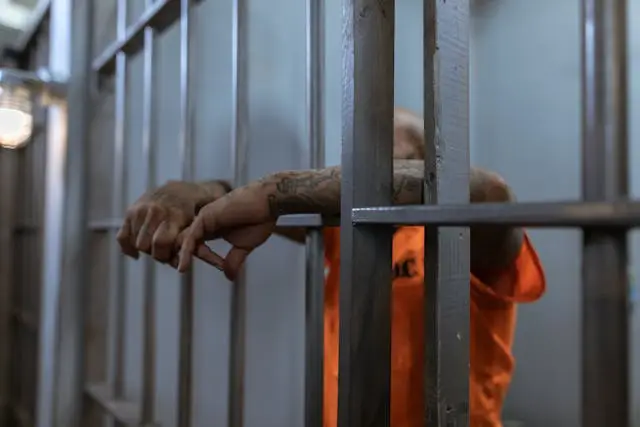Twin Rejection of Presidential Clemency
In an unprecedented move, two federal death row inmates have turned down President Joe Biden’s offer of clemency. These men, whose identities have not been disclosed, were part of the 37 federal inmates whose death sentences were commuted by the president in his latest round of clemencies. The rejection of presidential clemency by death row inmates is a rare occurrence and has left many baffled.
President Biden, a long-standing opponent of the death penalty, had commuted the sentences in line with his administration’s policy. The goal was to provide these inmates with a second chance at life, free from the looming threat of capital punishment. However, the unexpected rejection by these two inmates has stirred a new debate on the complexities of the death penalty and the rights of inmates.
Reasons for Rejection
Although the reasons behind the inmates’ decisions remain confidential, experts speculate they may be based on a desire to maintain their innocence. Accepting clemency could be seen as an admission of guilt, something these inmates might not wish to project. Alternatively, the rejection could stem from a desire to keep their cases in the public eye, potentially leading to further investigation and, potentially, exoneration.
While the decision to reject clemency is rare, it is not unheard of. According to the Death Penalty Information Center, inmates occasionally refuse clemency offers due to the conditions attached to them. In some cases, clemency comes with the stipulation of life imprisonment without the possibility of parole, a fate some inmates find more daunting than death itself.
Ripples Across the Justice System
The decision of the two inmates to reject clemency has sent shockwaves throughout the justice system. Legal experts, criminologists, and advocates have been forced to reevaluate their understanding of the death penalty, its implications, and the significance of clemency to inmates.
“This is a complex issue that goes beyond the surface,” says Dr. Geraldine Haynes, a criminology professor at Stanford University. “It forces us to examine the punitive justice system, the value of life imprisonment, and how inmates perceive their own guilt or innocence.”
Advocates for the abolition of the death penalty have also found themselves in uncharted territory. The rejection of clemency by those whose lives it is meant to spare challenges previously held beliefs about the universally positive impact of such a decision. It raises questions about the real value of clemency to those who are sentenced to death, illuminating the need for a more nuanced understanding of the perspectives of death row inmates.
Implications for the Biden Administration
The rejection of clemency by these inmates represents not only a challenge to the justice system but also to the Biden administration. The president’s stance on the death penalty and his decision to commute death sentences have been among his most notable policy shifts since taking office.
This unexpected response from inmates could serve as a stumbling block for Biden’s future clemency offers. It signals that the administration’s efforts to reform the justice system, particularly with regard to capital punishment, may face unexpected obstacles.
Despite these challenges, the Biden administration remains committed to its policy of commuting death sentences and working towards the abolition of the death penalty. However, these recent events underline that the path to reform is more complex than it may initially appear.













